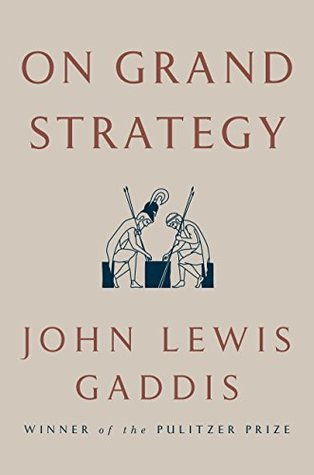The psychologist Daniel Kahneman attributes this proficiency to an unconscious reliance on two kinds of thinking. “Fast” thinking is intuitive, impulsive, and often emotional. It produces, when needed, instant action: it’s what you do to keep from running into things, or to keep them from running into you. “Slow” thinking is deliberate, focused, and usually logical. It needn’t result in action at all: it’s how you learn in order to know. Tetlock sees a similarity in the human genome, and uses Berlin’s animals to explain it:
Welcome back. Just a moment while we sign you in to your Goodreads account.


